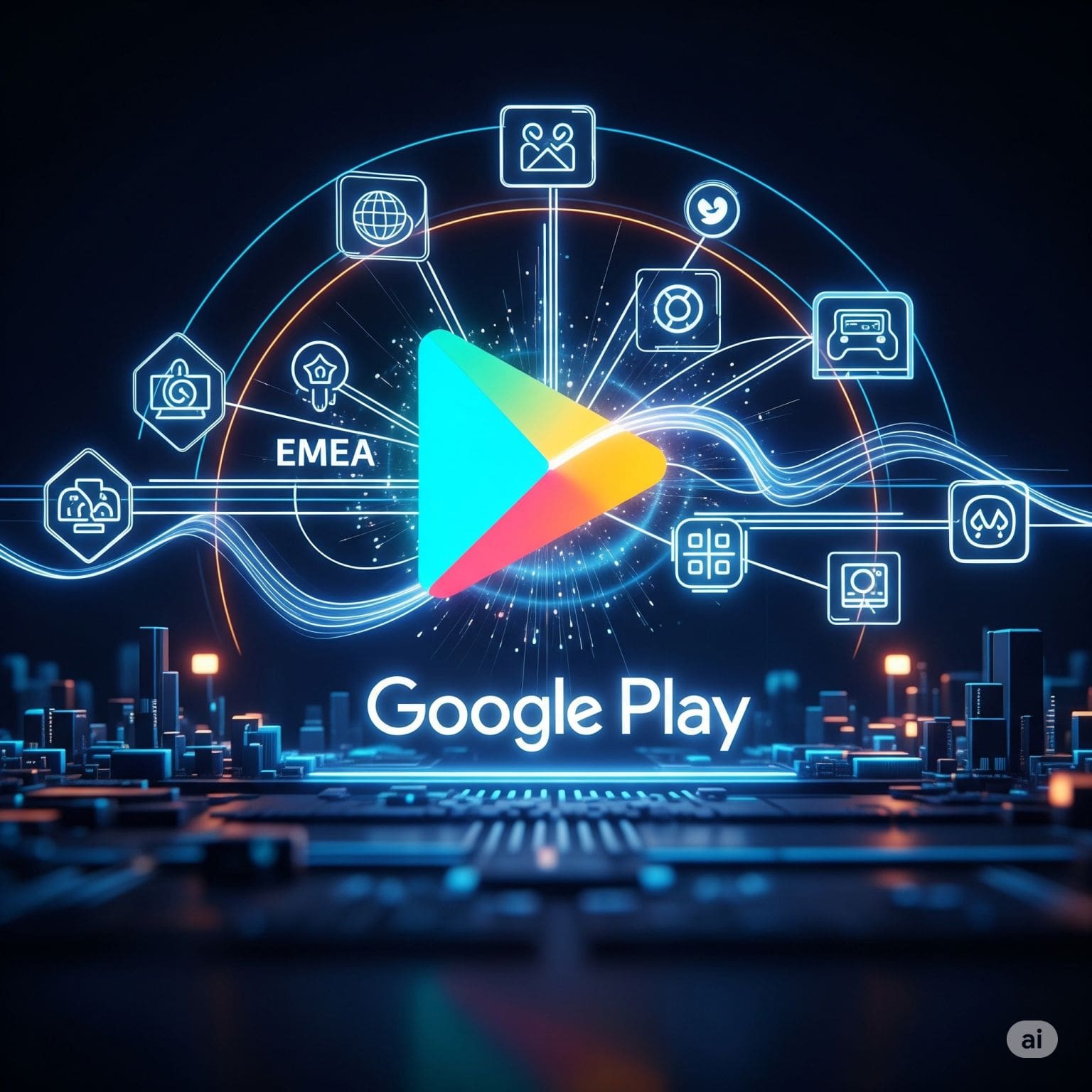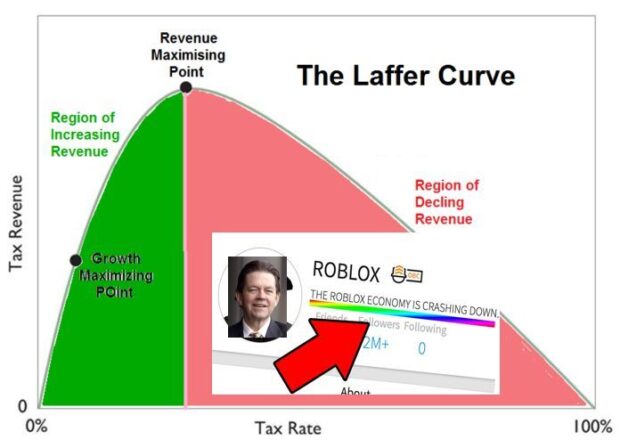
In a Fragmented EMEA, Your Platform is Your Partner
Journal 8 Tony Clark August 25
In my last post, we explored the complex, fragmented, and opportunity-rich games market in EMEA. The number one question for leaders is: how do you conquer this complexity?
It’s not just about building a great game. It’s about having a strategic partner and a powerful toolkit to navigate the maze. This is where Google Play is evolving from a storefront into a comprehensive launchpad for developers.
Here’s how they are empowering studios to win in EMEA:
🤖 1. Supercharge Creativity & Efficiency with AI
The AI revolution is here, and it’s about more than just buzzwords. Google is putting its most powerful models directly into developers’ hands.
The Tools: The Gemini family (including the lightning-fast 2.5 Flash) and Google Cloud’s Vertex AI.
Why it matters: Stop wasting time on repetitive tasks. Build games that dynamically adapt to players. Create content faster. In a world of tight budgets and timelines, this is how you innovate without breaking the bank.
The Impact for Leaders: This means smarter, more dynamic NPCs that learn from players, streamlined development cycles that save time and money, and the ability to create truly personalized game experiences at scale. It’s a direct answer to rising development costs.
💻 2. Reach More Players, Everywhere
The borders between platforms are dissolving. The most strategic move is to meet players wherever they are.
The Move: Google Play Games’ expansion to PC is a game-changer.
Why it matters: You can tap into the massive, highly engaged PC gaming market—a huge revenue opportunity many mobile-first studios have been locked out of. More screens, more players, more revenue. Simple.
The Impact for Leaders: You can now bring your hit Android game to a massive new PC audience with streamlined distribution and a new earnback program. It’s a low-friction, high-reward strategy to multiply your addressable market.
🌐 3. Build for the Future of the Android Ecosystem
The announcements from Google I/O this summer weren’t just updates; they were a roadmap to the future.
The Tech: Android 16’s sleek new “Material 3 Expressive” design and the deep integration of Gemini across all devices (phones, Wear OS, TV, Auto).
Why it matters: This is your ticket to building for the future. Create experiences that flow between devices and leverage powerful, built-in AI accessibility tools.
The Impact for Leaders: This allows you to build forward-thinking, interconnected experiences that keep your game feeling relevant. Crucially, the AI-powered accessibility features make it easier than ever to build inclusive games for the widest possible audience—a must in today’s market.
The right platform is no longer a passive distributor. It’s an active enabler.
But tools are only half the equation. How must our own leadership and studio cultures evolve to harness this power? That will be the focus of my next post in this series.







